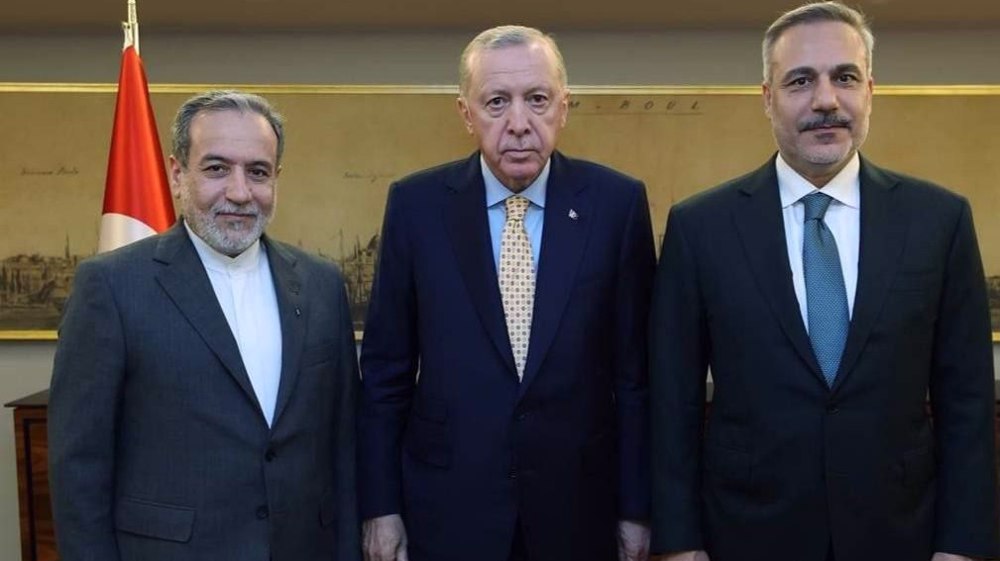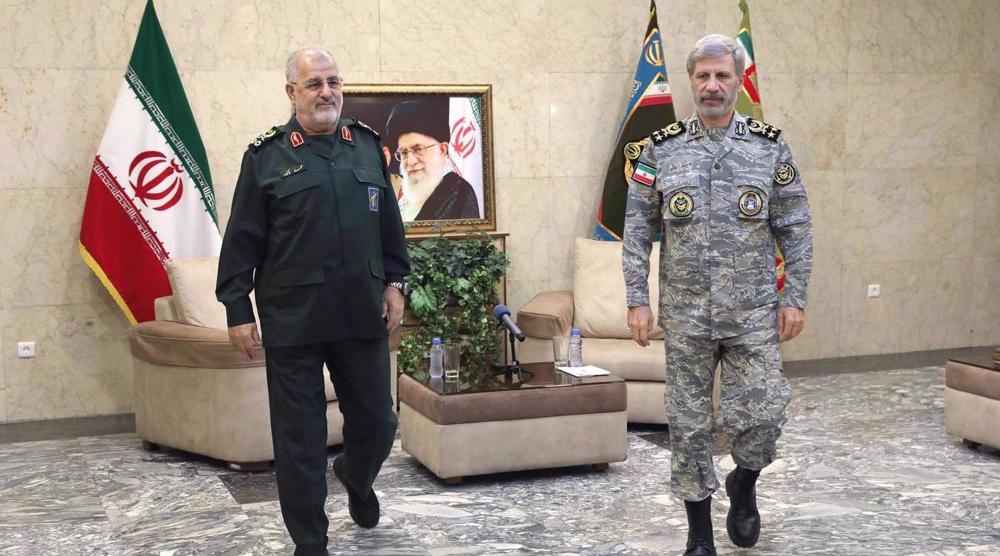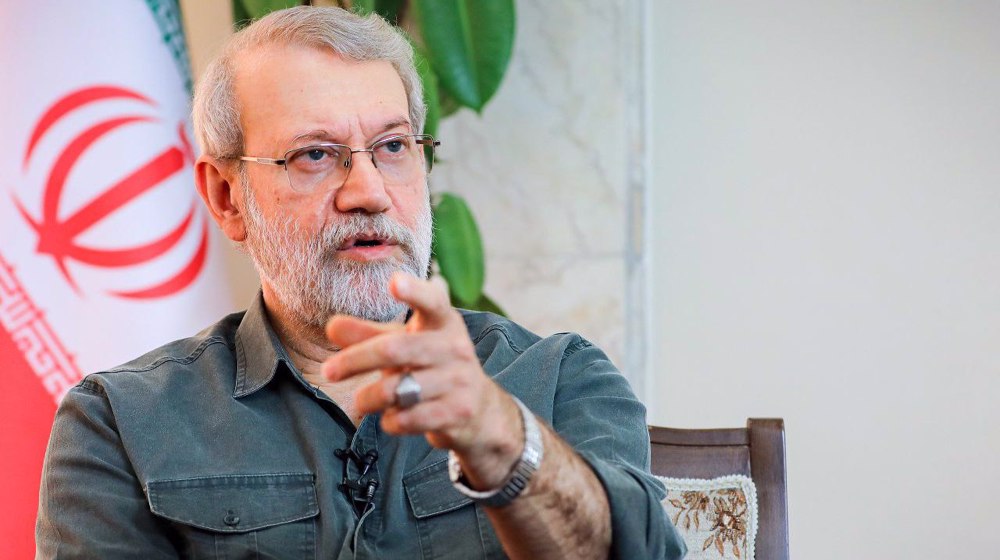West's unilateral sanctions impede Iran’s fight against drug trafficking: Envoy
Iran’s ambassador to international organizations in Vienna says unilateral sanctions imposed on Iran by Western countries, topped by the United States, are hampering the Islamic Republic’s fight against smuggling of illicit drugs.
Kazem Gharibabadi made the remarks in an address to the United Nations Office On Drugs and Crime (UNODC) on Monday.
The Islamic Republic of Iran’s fight against drugs is a real campaign based on lofty moral and human values, Iran’s ambassador said while expressing regret that concerned international organizations have failed to fulfill their duties in this regard as a result of their politicized approaches.
Gharibabadi noted that although the COVID-19 pandemic led to a tangible reduction in global efforts to curb drug trafficking during last year, Iran continued to discover even more consignments of illicit drugs in 2020, which showed an increase of over 40 percent compared to a year before to hit 1,147 tonnes.
However, Gharibabadi noted, imposition of unilateral sanctions have put an obstacle in the way of Iran and hamper its effort to boost it capabilities and energize its fight against drug trafficking.
He said Iran is located among main producers of illicit drugs and their transit route, which has inflicted heavy human and financial losses on the country.
Tehran seriously expects the international community and developed countries to put the issue of the campaign against illicit drugs on their agenda regardless of political considerations, and to fulfill their responsibility to provide countries with necessary assistance in this regard.
The Iranian diplomat expressed confidence that the benefits of cooperation in the anti-drug fight would serve the interests of not only Iran but all countries.
As a neighbor to the world's traditionally biggest producer of illicit drugs, Iran has been affected by this global challenge more than any other nation, he said, stressing the importance of improving regional and global cooperation to battle the woe.
Iran, which has a 900-kilometer common border with Afghanistan, is used as a transit route for trafficking of narcotic drugs from Afghanistan to markets in Europe.
For decades, Iran has been fighting a relentless battle against international drug networks, but the war has cost it the loss of many lives and finances.
For instance, the country has spent more than $700 million on sealing its borders and preventing the transit of narcotics destined for European, Arab and Central Asian countries.
The war on drug trade originating from Afghanistan has also claimed the lives of nearly 4,000 Iranian police officers over the past four decades.
Leader’s advisor warns of ‘deep’ retaliatory strikes into occupied territories
US Department of Justice releases millions of Epstein files, then pulls pages citing ‘rape’ by Trump
VIDEO | EU blacklists anti-terror organization
VIDEO | 44th Fajr Theater Festival underway in Tehran
VIDEO | Press TV's news headlines
VIDEO | Oil workers' march in support of reform of Venezuela's main oil law
VIDEO | Malaysians hold rally in front of Iranian embassy to condemn US, Israel threats
Israel to partially reopen Rafah border crossing after long closure










 This makes it easy to access the Press TV website
This makes it easy to access the Press TV website